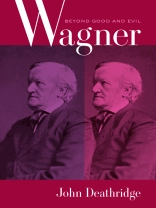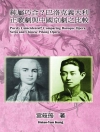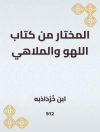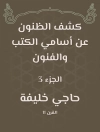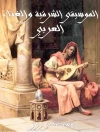John Deathridge presents a different and critical view of Richard Wagner based on recent research that does not shy away from some unpalatable truths about this most controversial of composers in the canon of Western music. Deathridge writes authoritatively on what Wagner did, said, and wrote, drawing from abundant material already well known but also from less familiar sources, including hitherto seldom discussed letters and diaries and previously unpublished musical sketches. At the same time, Deathridge suggests that a true estimation of Wagner does not lie in an all too easy condemnation of his many provocative actions and ideas. Rather, it is to be found in the questions about the modern world and our place in it posed by the best of his stage works, among them
Tristan und Isolde and
Der Ring des Nibelungen. Controversy about Wagner is unlikely to go away, but rather than taking the line of least resistance by regarding him blandly as a ‘classic’ in the Western art tradition, Deathridge suggests that we need to confront the debates that have raged about him and reach beyond them, toward a fresh and engaging assessment of what he ultimately achieved.
Tabella dei contenuti
Preface
part i. a few beginnings
1. Wagner Lives
Issues in Autobiography
2. ‘Pale’ Senta
Female Sacrifice and the Desire for Heimat
3. Wagner the Progressive
Another Look at Lohengrin
part ii. der ring des nibelungen
4. Fairy Tale, Revolution, Prophecy
Preliminary Evening: Das Rheingold
5. Symphonic Mastery or Moral Anarchy?
First Day: Die Walküre
6. Siegfried Hero
Second Day: Siegfried
7. Finishing the End
Third Day: Götterdämmerung
part iii. the elusiveness of tragedy
8. Don Carlos and Götterdämmerung
Two Operatic Endings and Walter Benjamin’s Trauerspiel
9. Wagner’s Greeks, and Wieland’s Too
Contents
part iv. tristan und isolde
10. Dangerous Fascinations
11. Public and Private Life
Reflections on the Genesis of Tristan and Isolde and the Wesendonck Lieder
12. Postmortem on Isolde
part v. mature polemics
13. Strange Love, Or, How We Learned to Stop
Worrying and Love Parsifal
14. Mendelssohn and the Strange Case of the
(Lost) Symphony in C
15. Unfinished Symphonies
part vi. Operatic Futures
16. Configurations of the New
17. Wagner and Beyond
List of Abbreviations
Notes
Acknowledgments
Index
Circa l’autore
John Deathridge is King Edward Professor of Music at King’s College London. He is the author, with Carl Dahlhaus, of The New Grove Wagner, co-editor of the Wagner-Werk-Verzeichnis (WWV) and editor of, and contributor to, the English language edition of the Wagner Handbook.
